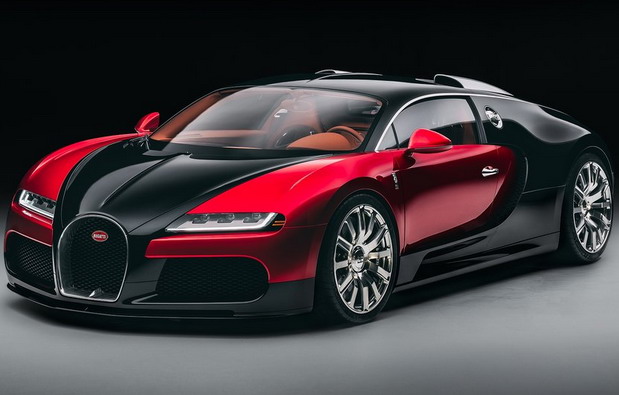AUTONEWS

The 2021 merger of Fiat Chrysler and Peugeot SA created Stellantis, and now Honda and Nissan could be the next automakers to join forces. The two Japanese automakers are considering forming a new holding company under which they will both operate to take on rival electric vehicle companies.
A new report has revealed that Honda and Nissan could be the next major automakers to form a merger following the 2021 merger of Fiat Chrysler and Peugeot SA that created Stellantis. Both Japanese automakers are considering forming a new holding company.
According to Nikkei Asia, unnamed sources revealed that Honda and Nissan have signed a memorandum of understanding detailing plans for the merger. The merger will give both companies a fighting chance against rivals like BYD and Tesla. It was also revealed that both automakers are planning to include Mitsubishi, of which Nissan is the major shareholder with a 24% stake.
In relation to the matter, Honda and Nissan separately told Reuters that they are exploring various possibilities for future collaboration, leveraging each other's strengths, reaffirming an earlier announcement in March. However, none of them confirmed that a merger was happening. Reuters also revealed that Renault, a major shareholder in Nissan, declined to comment on the matter.
Major automakers are facing stiff competition from Tesla and Chinese brands such as BYD, whose cars are increasingly popular in several markets, including major ones such as China. However, of the two car brands, Nissan is the one struggling. Its market capitalization is about $7.6 billion, compared to Honda's $38.8 billion. Its half-year net profits were reported to have fallen by more than 90% compared with the same period last year, and it had to cut its operating profit forecast by around 70%.
However, by merging with Honda, it can stem these losses and gain access to Honda's resources. It's not a smooth ride for Honda either, but it's doing much better. Its hybrid vehicles are selling very well and it has some interesting vehicles coming soon, such as a new Prelude, the first in over 20 years. There's also Honda's 0-series of EVs that are expected to hit the market in a few years.
Japan's Honda, Nissan enter merger talks ... Japanese auto giants Honda Motor Co and Nissan Motor Co will enter talks over a merger aimed at helping them compete with Tesla Inc and other electric vehicle makers, the Nikkei newspaper reported on Wednesday. -fair.
The two companies are looking to operate under a single holding company and will soon sign a memorandum of understanding for the new entity, according to Tokyo's Nikkei.
He reported that Honda and Nissan will consider bringing Mitsubishi Motors, of which Nissan is the main shareholder, under the holding company to create one of the world's largest automotive groups.
Honda and Nissan issued nearly identical statements in response, saying the details in the report have not been announced by either company and that they are “exploring various possibilities for future collaboration, leveraging each other’s strengths,” as previously announced.
In March, Japan's number two and three automakers after rival Toyota deepened ties when they agreed to explore a strategic partnership in electric vehicles.
Analysts said the move was aimed at catching up with Chinese competitors such as BYD, which have stolen a march on EVs while Japanese companies have lost ground by focusing more on hybrid vehicles.
China overtook Japan as the world's biggest vehicle exporter in 2023, helped by its dominance in electric cars.
Honda announced plans in May to double investment in electric vehicles to $65 billion by 2030, part of its ambitious goal set three years ago to reach 100% EV sales by 2040.
Nissan has signaled similar ambitions, saying in March that 16 of the 30 new models it plans to launch over the next three years would be “electrified.”
The world's auto giants are increasingly prioritizing electric and hybrid vehicles, with demand for cleaner models growing as concerns about climate change grow.
At the same time, however, there has been a slowdown in the electric vehicle market due to consumer concerns about high prices, reliability, range and lack of charging points.
Hybrids that combine battery power and internal combustion engines have proven enduringly popular in Japan, accounting for 40% of sales in 2022.
But Japanese companies' focus on hybrids has left them in the slow lane in meeting the growing appetite for pure electric vehicles.
Mundoquatrorodas

Nenhum comentário:
Postar um comentário